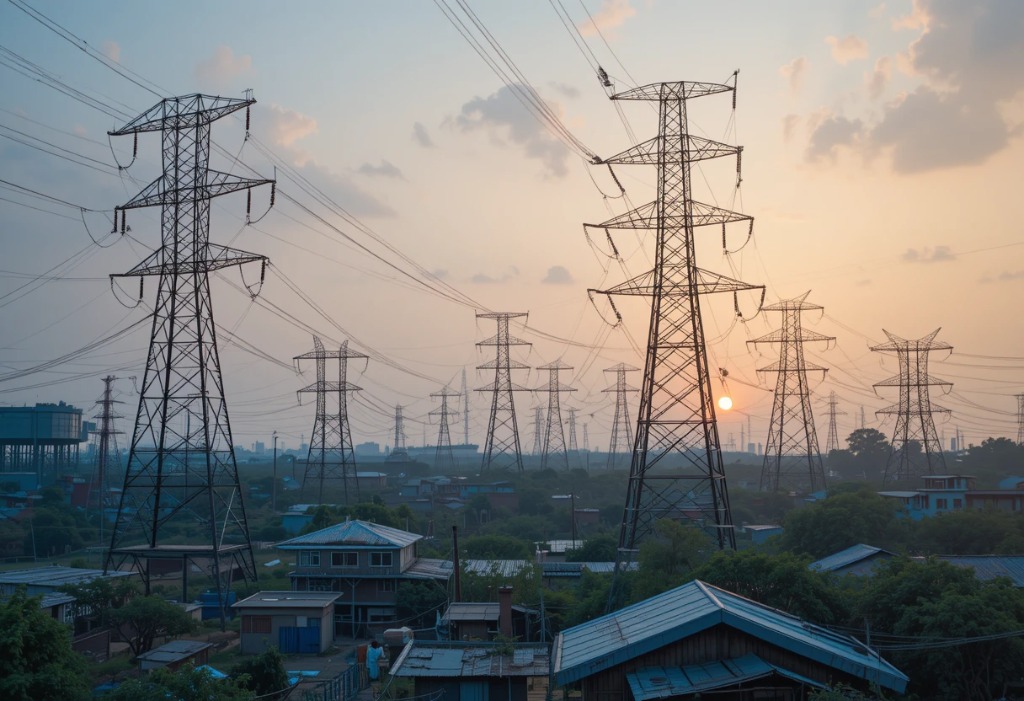Micro, Small, and Medium Enterprises (MSMEs) are the heartbeat of Nigeria’s economy, driving innovation, creating jobs, and contributing significantly to national GDP. Despite their immense potential, one critical challenge hampers their growth and sustainability: unreliable electricity supply.
This blog delves into the impact of power outages on MSMEs in Nigeria and explores pathways to mitigate this issue, enabling these businesses to unlock their full potential.
MSMEs constitute over 90% of businesses in Nigeria, providing around 84% of private-sector employment and contributing nearly half of the nation’s GDP. From manufacturing and retail to services and agriculture, these enterprises are integral to economic diversification and resilience. However, infrastructural bottlenecks, particularly erratic power supply, often derail their operations.
Also read: The Ripple Effect: How Customer Negligence Impacts Banks and Corporate Organizations
Power outages remain a persistent problem in Nigeria, with MSMEs disproportionately affected. The consequences are multifaceted:
- Rising Operational Costs: Many MSMEs depend on generators to bridge electricity gaps. The cost of fuel and maintenance erodes profit margins, leaving little room for reinvestment or growth.
- Disrupted Operations: Production delays and equipment downtime caused by blackouts compromise product quality and result in missed deadlines.
- Diminished Competitiveness: Limited access to consistent power makes it harder for Nigerian MSMEs to compete with businesses in regions enjoying reliable electricity.
- Revenue Losses: Even brief outages can lead to significant financial setbacks, forcing many enterprises to operate below capacity.
The ripple effects of power instability extend beyond direct economic losses:
- Job Insecurity: As businesses struggle, many are forced to downsize, leading to job losses and increased unemployment.
- Hindered Innovation: Unreliable electricity discourages investment in new technologies and equipment, stalling MSMEs’ growth and creativity.
- A Deteriorating Business Climate: Entrepreneurs are deterred by the risks and uncertainties posed by unstable power, slowing economic diversification.
Resolving Nigeria’s electricity challenges requires a collaborative approach:
- Investing in Infrastructure: Modernizing the power grid and diversifying energy sources—such as solar and wind—can provide sustainable solutions for MSMEs.
- Supporting Renewable Alternatives: Subsidies or grants for renewable energy adoption can empower MSMEs to reduce dependency on generators.
- Promoting Energy Innovation: Developing affordable, scalable energy solutions tailored to small businesses will enhance resilience and self-reliance.
- Strengthening Public-Private Partnerships: Collaborative initiatives can ensure efficient electricity generation and distribution, tailored to local needs.
For Nigeria’s MSMEs to thrive, reliable electricity is not a luxury but a necessity. Addressing power outages will unlock opportunities for growth, create a favorable environment for entrepreneurship, and bolster the nation’s economy. Stakeholders must act swiftly to ensure MSMEs can continue to innovate, compete, and contribute to Nigeria’s sustainable development.
Also read: Data Analysis, Data Analytics, and Data Science: Understanding the Differences
Written by Ogbene Iye Daniel
Head of Training and Enterprise Development
G-Consulting International Services Limited

